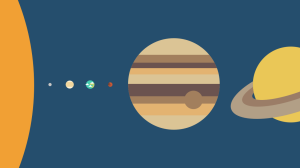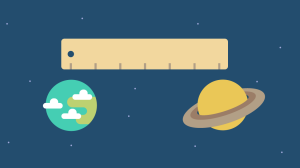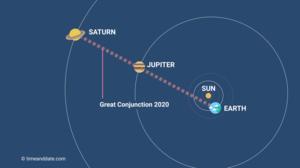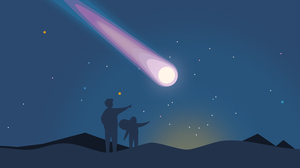13 hours, 46 minutes
Sat, Jun 8 at 4:57 pm – Sun, Jun 9 at 6:43 am
Visible tonight, Jun 8 – Jun 9, 2024
| Mercury: | From Sun 6:11 am |
|---|---|
| Venus: | Until Sat 4:59 pm |
| Mars: | From Sun 2:54 am |
| Jupiter: | From Sun 5:32 am |
| Saturn: | From Sat 11:47 pm |
| Uranus: | From Sun 4:52 am |
| Neptune: | From Sun 12:36 am |
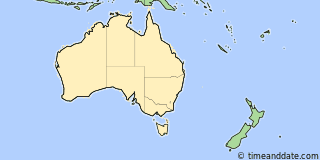
Shortest Lunar Month 2024
On average, it takes the Moon 29.53 days to cycle through all its phases. However, the lunar month starting at Third Quarter Moon on May 30 will last 29.19 days—around 8 hours and 10 minutes faster than average. Read the full story.
Our Interactive Night Sky Map simulates the sky above 30°23'24.7"S, 152°15'30.5"E. The Moon and planets have been enlarged slightly for clarity. On mobile devices, tap to steer the map by pointing your device at the sky. Need some help?
Tonight's Sky in 30°23'24.7"S, 152°15'30.5"E, Jun 8 – Jun 9, 2024 (6 planets visible)
Mercury rise and set in 30°23'24.7"S, 152°15'30.5"E
Fairly close to the Sun. Visible only before sunrise and/or after sunset.
Mercury is just 8 degrees from the Sun in the sky, so it is difficult to see.
Sun, Jun 9 ↑6:11 am
Time:
Altitude: °
Direction: °
Mars rise and set in 30°23'24.7"S, 152°15'30.5"E
View before sunrise.
Mars can best be seen in the hours just before sunrise. Visibility deteriorates as the sky gets brighter.
Sun, Jun 9 ↑2:54 am
Time:
Altitude: °
Direction: °
Jupiter rise and set in 30°23'24.7"S, 152°15'30.5"E
Fairly close to the Sun. Visible only before sunrise and/or after sunset.
Jupiter is just 15 degrees from the Sun in the sky, so it is difficult to see.
Sun, Jun 9 ↑5:32 am
Time:
Altitude: °
Direction: °
Saturn rise and set in 30°23'24.7"S, 152°15'30.5"E
View before sunrise.
Saturn can best be seen in the hours just before sunrise. Visibility deteriorates as the sky gets brighter.
Sat, Jun 8 ↑11:47 pm
Time:
Altitude: °
Direction: °
Uranus rise and set in 30°23'24.7"S, 152°15'30.5"E
Fairly close to the Sun. Visible only before sunrise and/or after sunset. Bring binoculars (but don't look at the Sun!).
Uranus is just 23 degrees from the Sun in the sky, so it is difficult to see. You may need binoculars, but only use them when sun is down.
Sun, Jun 9 ↑4:52 am
Time:
Altitude: °
Direction: °
Neptune rise and set in 30°23'24.7"S, 152°15'30.5"E
View before sunrise. Use binoculars.
Neptune can best be seen in the hours just before sunrise. Visibility deteriorates as the sky gets brighter. Very faint, use binoculars.
Sun, Jun 9 ↑12:36 am
Time:
Altitude: °
Direction: °
Planets Visible in 30°23'24.7"S, 152°15'30.5"E
| Planetrise/Planetset, Sat, Jun 8, 2024 | ||||
|---|---|---|---|---|
| Planet | Rise | Set | Meridian | Comment |
| Mercury | Sun 6:11 am | Sun 4:28 pm | Sun 11:20 am | Difficult to see |
| Venus | Sat 6:48 am | Sat 4:59 pm | Sat 11:54 am | Very close to Sun, not visible |
| Mars | Sun 2:54 am | Sun 2:09 pm | Sun 8:32 am | Average visibility |
| Jupiter | Sun 5:32 am | Sun 3:57 pm | Sun 10:45 am | Slightly difficult to see |
| Saturn | Sat 11:47 pm | Sun 12:18 pm | Sun 6:02 am | Average visibility |
| Uranus | Sun 4:52 am | Sun 3:25 pm | Sun 10:08 am | Extremely difficult to see |
| Neptune | Sun 12:36 am | Sun 12:45 pm | Sun 6:41 am | Very difficult to see |






